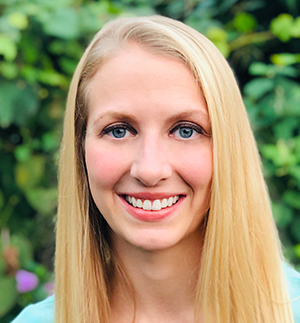Mobility industry readies to convene at ISS ‘It will be great to bring (everyone) together to have a discussion about what we’ve accomplished & what else has to be done'
By Liz Beaulieu, Editor
Updated 11:19 AM CST, Wed December 11, 2024
 PITTSBURGH – The upcoming International Seating Symposium will feature longer and uninterrupted blocks of exhibit hall time, a Hands-On Zone for demoing equipment in real-life environments and a more diverse education program, organizers say.
PITTSBURGH – The upcoming International Seating Symposium will feature longer and uninterrupted blocks of exhibit hall time, a Hands-On Zone for demoing equipment in real-life environments and a more diverse education program, organizers say.
Hours for the exhibit hall, which will span some 100,000 square feet and feature about 100 exhibitors, will include large blocks from 11:30 to 3:30 on March 20 and 11:30 to 2:30 on March 21.
“The nature of the convention center and the exhibit hall is such that it takes time to get in there and once you’re in there, if all you have is 30 minutes, you can’t get a whole lot accomplished,” said Mark Schmeler, PhD, OTR/L, ATP, co-director of ISS and an associate professor and vice chair for education and training in the Department of Rehabilitation Science & Technology at the University of Pittsburgh. “The bigger blocks address the challenges of people needing to get their CEUs (from the education) but exhibitors also wanting to show their wares.”
The 39th ISS will take place at David L. Lawrence Convention Center March 20-22, with pre-conference workshops, as well as a Community Day, during which consumers are welcome to the event for educational sessions and dedicated exhibit hall time, on March 19.
The event’s Hands-On Zone is an area of the exhibit hall that ISS will equip with a variety of different surfaces, such as curbs, ramps and gravel, so attendees can see how equipment feels and handles.
“The goal is for attendees to be able to try things, because most exhibitors will not let you take their equipment outside,” said Rachel Hibbs, DPT, NCS, ATP, co-director of ISS and an assistant professor and director of continuing education in the Department of Rehabilitation Science & Technology at UPitt. “There will be entrances on the corners, and anyone can go into the space with equipment.”
ISS received a record number of submissions for education – nearly 200 – and has selected about 100, plus papers and posters, cataloguing them for the first time into tracks. The tracks reflect the multi-disciplinary interests of attendees in not only seating and mobility but also prosthetics and orthotics, alternative and augmentative communication and more, and comprise sessions of different lengths.
“The changes we made to the exhibit hall schedule afforded us the opportunity to also change the presentation types,” said Richard Schein, PhD, MPH, a research health scientist within the Department of Rehabilitation Science & Technology at UPitt. “For the first year, in addition to the 60-minute sessions, we’ll have 30-minute sessions and 90-minute interactive workshops.”
The cornerstone of the education will be a plenary session on artificial intelligence and its applications to the field and a closing session that brings together early career and late career professionals.
“It will be great to bring the two generations together to have a discussion about what we’ve accomplished and what else has to be done,” Schmeler said.
Comments